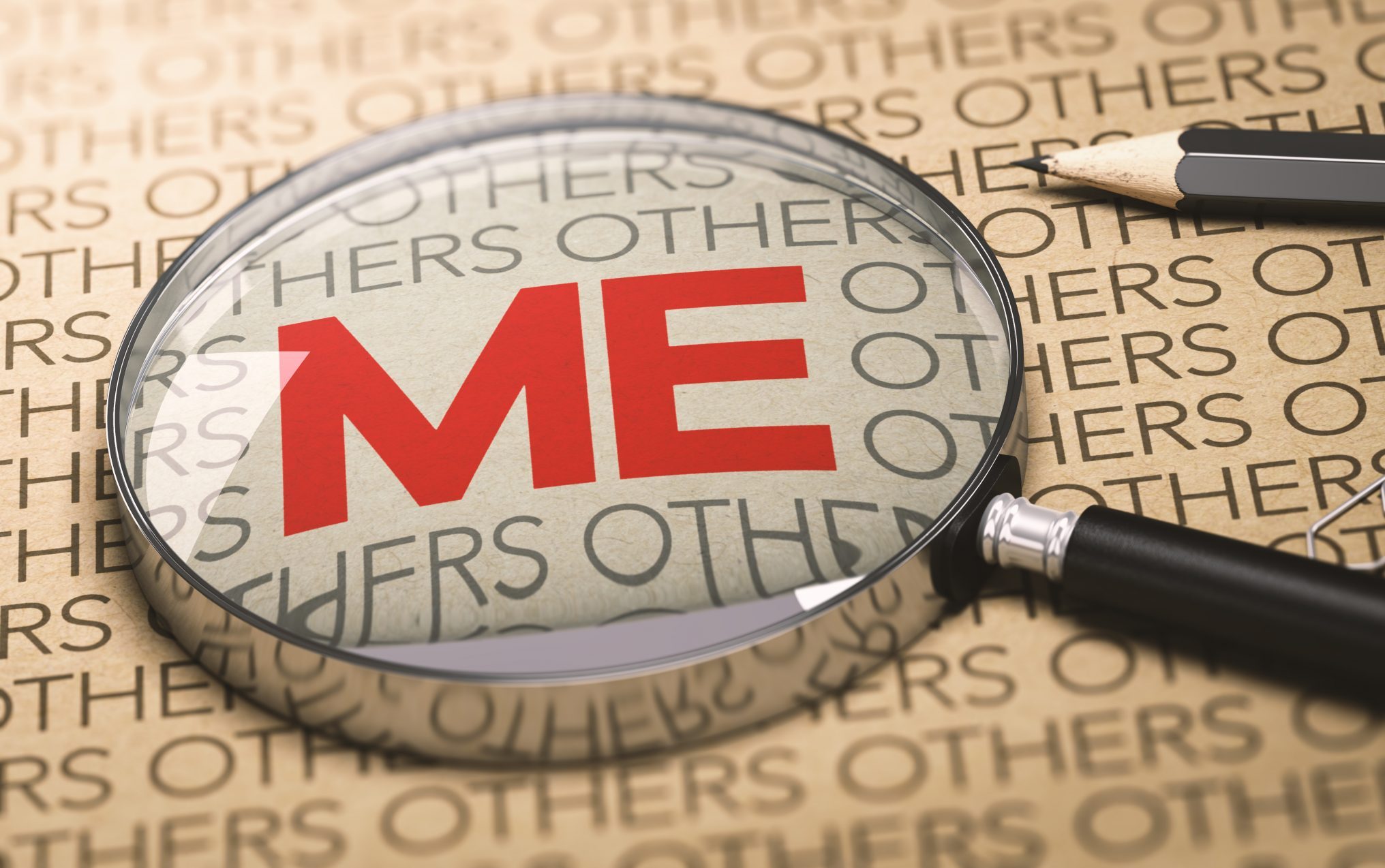It’s that 21st feeling––so much to do and so little time to do it. Between work, appointments, meetings, hobbies, activities, friends, and family, you feel downright worn out! Don’t get it wrong, of course, you love all these things but you are simply one person, and there aren’t enough hours in the day. Being able to prioritize your life effectively is the key to personal and professional success, but don’t forget you take a little time for yourself too.
Take care of yourself should rank highly on your priority list, not become something you do when you have the spare time (hint: you never will). Stress is increasing worldwide. 74% in the UK have felt so stressed they’re unable to cope, 73% of people in the US have experienced psychological symptoms of stress, with 77% reporting physical symptoms, and looking at Japan, we can see a massive effect from life’s pressures. The country has suffered a sweeping wave of deaths and suicides from overwork, so much so that it coined the term “karoshi” (death by overwork).
Stress is a worldwide epidemic.
World Health Organization
The World Health Organization believes that stress is a growing danger to the earth’s population. It affects every area of our health and well-being, and if you have a dose, you may experience issues such as:
- Headaches and muscle aches
- Chest pain
- Exhaustion and fatigue
- Issues with your digestive tract
- Problems sleeping, including hypersomnia and insomnia
- Immune system issues
- Reproduction problems
- Anxiety
- Lack of motivation
- Depression
- Mood changes
- Over/under eating
- Misusing harmful substances (drugs, alcohol, tobacco, self-medication)
- And many more.
So, how can we combat this menace and get back to living our best lives?
The truth is, while a little bit of stress might be good for you, and is also almost unavoidable, having a lot is a genuine threat to your health. This is why finding ways to take care of yourself is essential, and that means it’s time for a little self-care.
What is self-care anyway?

Self-care is all about learning how to take care of yourself emotionally, mentally, and physically so that you feel well and are better able to cope with all that life throws at you––work, relationships, and everything else. The importance of self care in mental health cannot be underestimated; it’s impossible to be switched on all the time, so that 5, 10, or 30 (or longer) minute break can mean a chance to get yourself back on track.
Self-care – taking a little bit of time for you.
Essentially it’s all about making a little, planned you-time that boosts your mood and energy levels. However, in recent years, the term has quickly gained some controversial criticism as being a selfish trend for work-shy millennials, but we assure you this isn’t the case, not if it’s done right.
But, how do we know if we’re doing it correctly, let’s find out.
When is self-care selfish?

Self care in mental health terms might be a positive step; however, making the world all about you isn’t. Here’s when that me-time is not going to work––for you or anyone else:
You neglect your relationships with others
If you find yourself always canceling plans to spend more time alone frequently or blocking people out; this is harming your relationships with others. Humans are social creatures and as much as we’d like to crawl up in our duvet and watch a marathon of our favorite TV show, doing this too often means you won’t have adequate interaction with the outside world, and that’s bad for your health.
What to do instead: There’s nothing wrong with that marathon once in a while, but make sure you go out too. It might not feel like it right now, but you’ll come home smiling.
You cut people out of your life
Those arguments might’ve seemed like a big deal at the time, but now you’ve had a chance to cool down you’re regretting that decision to press delete on the friendship. We’re humans, we sometimes don’t agree, but as long as it’s not a deal breaker; relationships can be repaired, and bridges mended. So don’t be so quick to cut people out in the name of self-protection.
What to do instead: Foster healthy relationships with your friend circle, resolve issues and don’t run from them. That said, if you’re experiencing bullying, abuse, gaslighting, or other unacceptable behaviors; don’t be afraid to walk away.
You let your responsibilities slide
We hate to break it to you, but just because you deserve a little me-time doesn’t mean you’re magically absolved of all responsibilities. Sure, you can take a long, luxurious break, but if you’ve let things slide too much beforehand, we almost guarantee it’s all you’ll be thinking about on your downtime.
What to do instead: Plan sensibly your work, family, other, and me-time to allow yourself the time to really make the most of your self care.
You start treating yourself “just because”
If your self-care routine passes into the borderland of overindulgence, this is going to have a negative impact on your health and relationships with others. In addition, that self-care routine will lose value, and you’ll be more likely to seek out increasing satisfying activities to satiate your needs.
What to do instead: Balance is the key here; ensure your downtime is in correct proportion to your busy time and you’ll know that bit of self care is well earned.
5 top tips to do self care right

Now that you know the what-not-to-do’s, it’s time to discover the best ways you can give yourself that little bit of healthy attention.
1. Plan your self-care routine
To get the most from your time, it’s essential that you plan those disengage moments where you can be away from it all. If you’re waiting on the phone to ring or thinking of those gazillion and one tasks you have at work that you could be doing at this very moment you won’t feel the joy of relaxation.
2. Bring your focus into check
When you decide to undertake self care, the first thing you need to know is why you’re doing it and what effect you want to get out of it. Lay out your goals and expectations and aim to make this time count towards them in a meaningful way. Set aside a little bit of time each day or week for you and use it wisely.
3. Let go of those past problems
Don’t let yourself get weighed down by thoughts and issues that don’t affect you or those that happened in the past. Keep your mind on the here and now and look at how your activities will influence your future.
4. Set healthy boundaries
Don’t be afraid to say no. You can’t be all things to all people; you need to take a little bit of time and love for yourself. Allow yourself to set healthy boundaries––you don’t have to say yes to every request––so you can allocate your time effectively.
5. Keep it positive
Don’t let your mind wander too long into the caverns of negativity and doubt. While being realistic is one thing, it’s another to think only of the things you did poorly. This could be a recipe for low self-image and depression. Instead, work on training your brain to focus on your strengths and achievements and be proud of who you are for more positive mental health.
Self care activities you can undertake with ease
Getting started in self care is simple. Choose something you enjoy, plan the time to do it, and then do only that activity at that time. The challenge? Knowing which one to choose. We composed a list of great ideas to get you started:
- Take the time to eat a healthy breakfast
- Do your affirmations on the daily
- Undertake exercises you enjoy
- Just sit and relax
- Read a book
- Take a cheeky daytime nap
- Enjoy a long bath
- Try to eat more healthy foods
- Go for a spa/beauty treatment
- Laugh and allow yourself to be happy
- Learn more about something that interests you
- Take up a hobby
- Play a board game
The list is almost endless; the trick? Do something you love!
